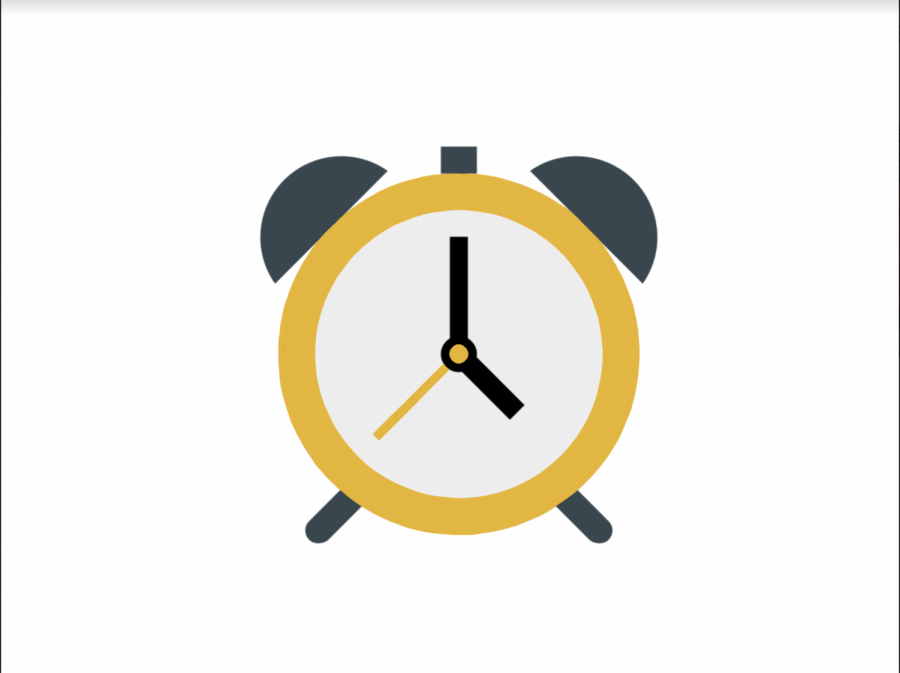Editorial Board: Why school should start later
May 27, 2021
The idea for a later start to school has been proposed time and time again, yet students are still waiting for it to be put into action.
When we transitioned to online school at the end of last year, the start time shifted from 8:10 a.m. to 9:15 a.m., a welcomed change for most students. Now, as some students attend hybrid learning and a full return to school is expected next year, we are all thinking that this is the perfect time to disregard the unnecessarily early start of school.
Currently, the school day starts at 9:15 a.m. and ends at 3:45 p.m. This schedule allows for more sleep, provides ample time for students to meet with their teachers before the school day begins and allocates time for sports and extracurriculars after school. We propose that even as we transition back to fully in person learning, our school schedule remains the same.
The case for later starting times is backed up by science. After teenagers hit puberty their circadian rhythms shift. Circadian rhythms are the natural 24-hour cycle of sleeping and waking. During puberty teenagers’ circadian rhythms shift backwards, making it typical for high schoolers to not get drowsy until around 11:00 p.m to 1 a.m. Teens need about 8.5 to 9.25 hours of sleep each night. With a 9:15 a.m. start, students can go to bed as late as midnight, wake up at 8:30 a.m., and still manage to get 8.5 hours of sleep.
While schools can’t change the circadian rhythms of their students, they have complete control over changing the start time to accommodate for them. For most school subjects, we use skills called ‘executive functions’ which help us memorize and plan, and prevent us from being distracted. The prefrontal cortex of our brains support these executive functions and are greatly affected by our amounts of sleep. If schools were to modify the schedule, students would get more sleep and our executive functions would improve, leading to an increase in school performance.





